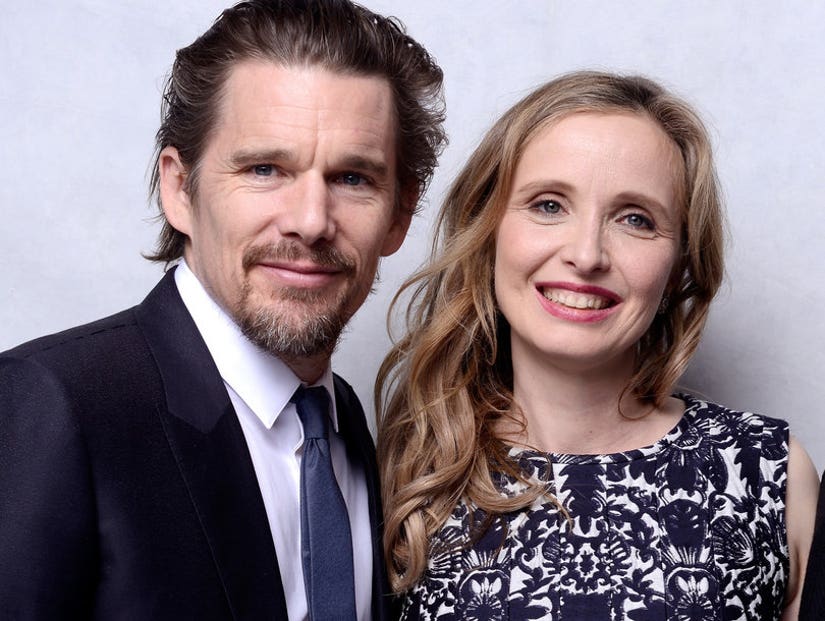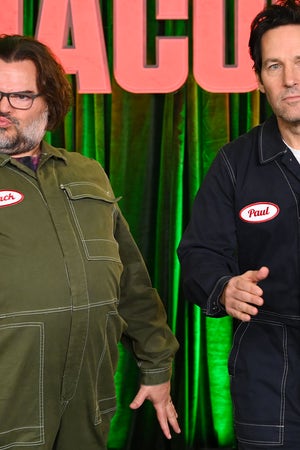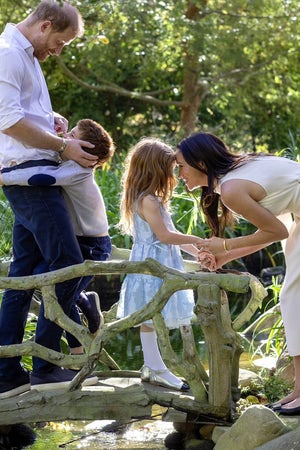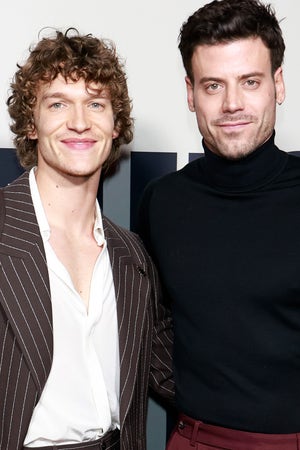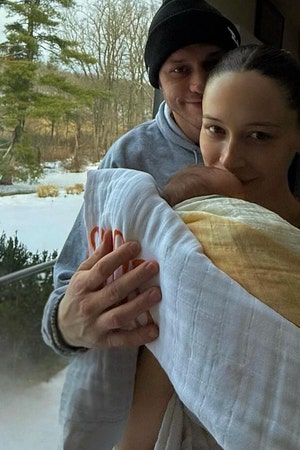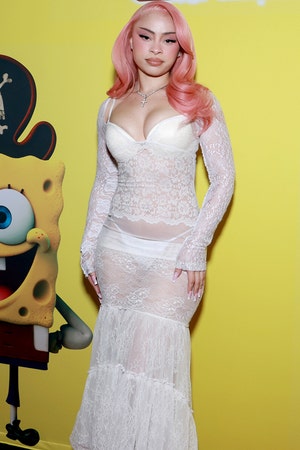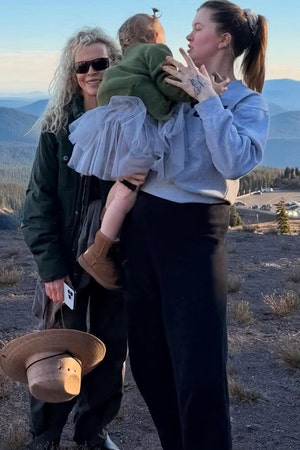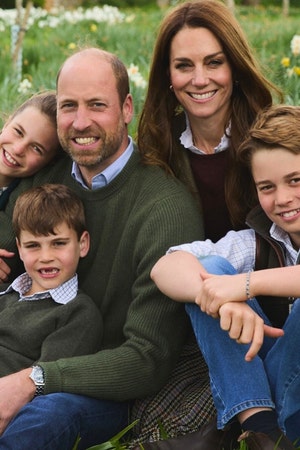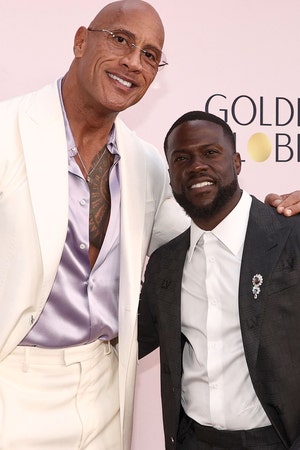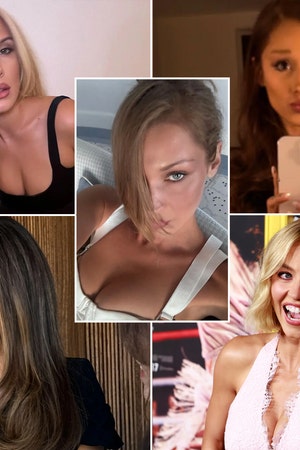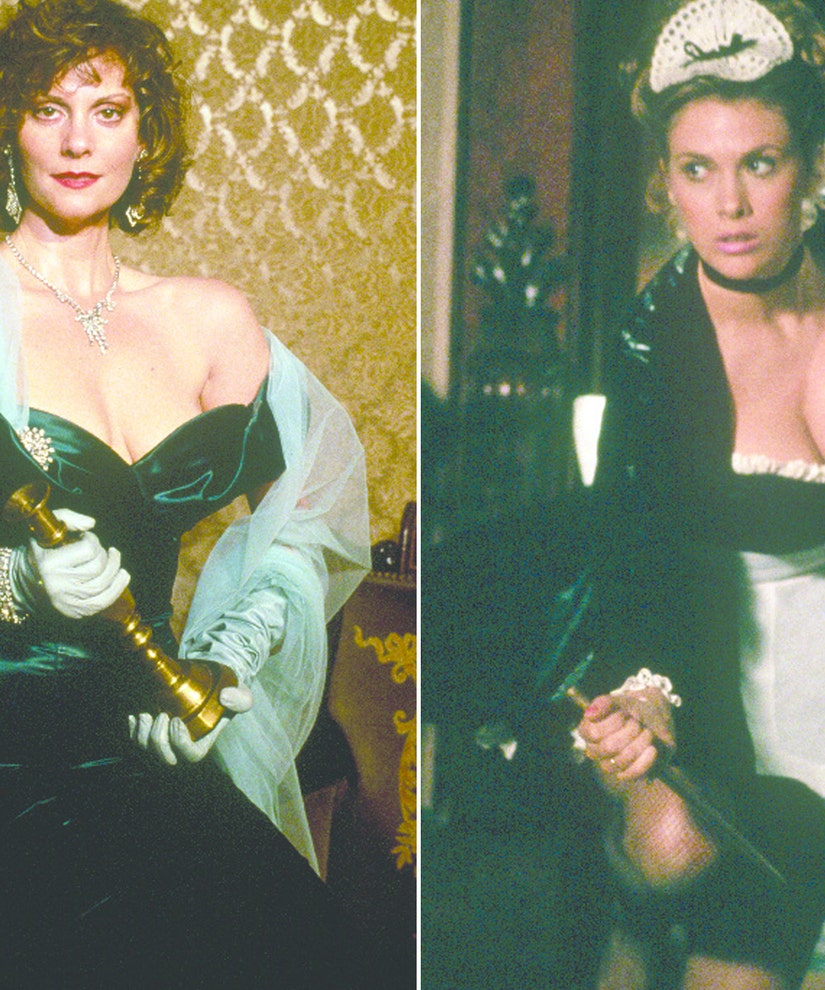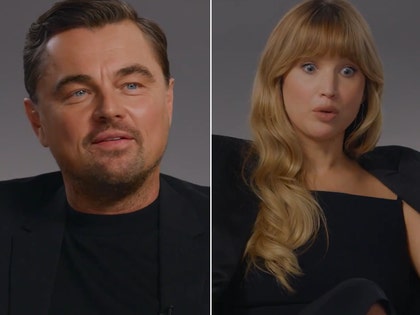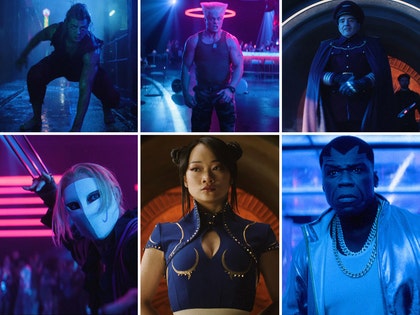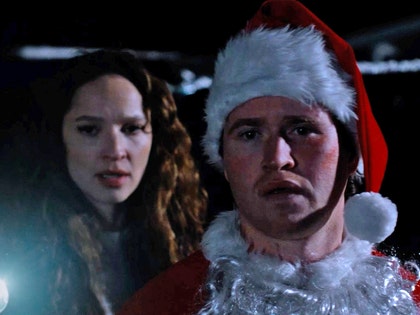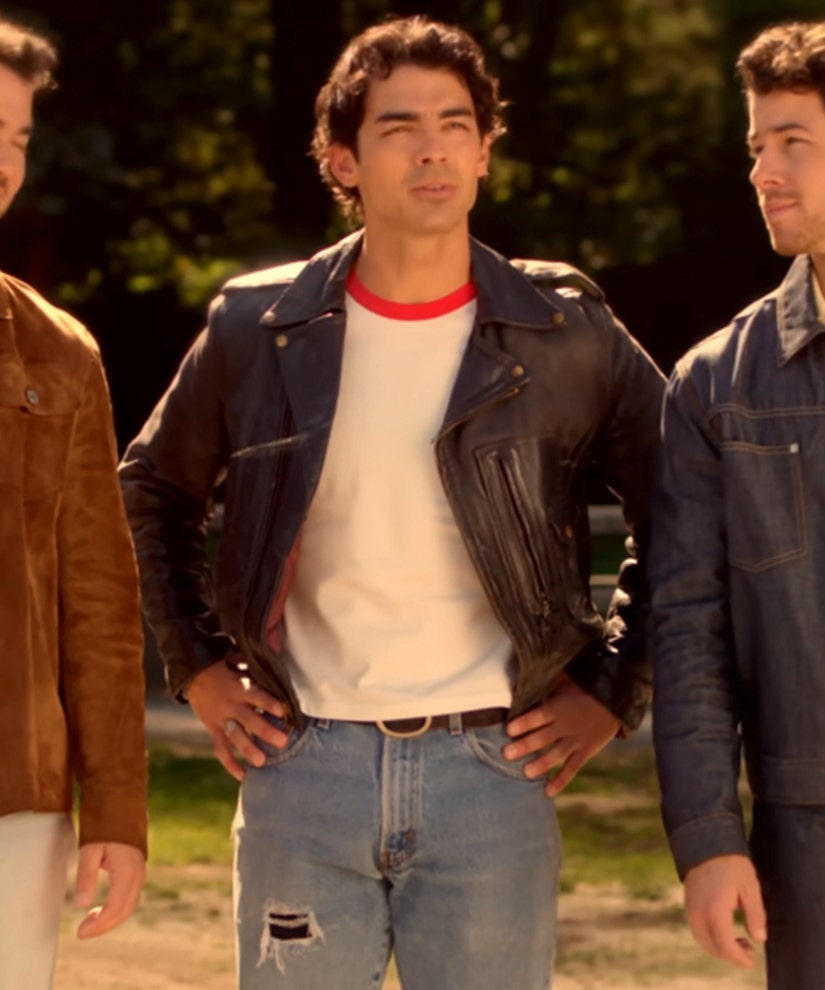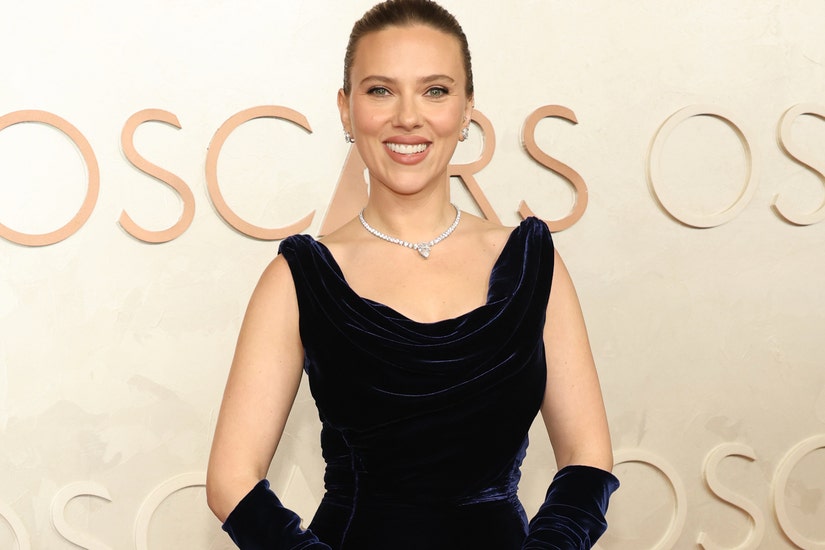Over the course of the trilogy, she claims she earned a fraction of what her male costar made.
Julie Delpy has opened up about the pay disparities she faced during the filming of the critically acclaimed "Before" trilogy with Ethan Hawke, who allegedly pulled in a much higher salary for his work.
In the films -- "Before Sunrise" (1995), "Before Sunset" (2004) and "Before Midnight" (2013) -- the two played lovers at different points in their lives. And, according to the actress, it wasn't until the third movie in the trilogy where she earned the same amount as her male costar.
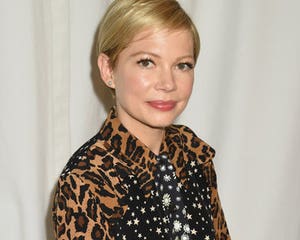 Getty
Getty
Michelle Williams Now Gets Handshakes Instead of 'Too Long' Hugs After Achieving Equal Pay
View Story"As a woman, you know you're paid less than men as a writer, as a director, as an actress," Delpy said in an interview with Variety. "On the 'Before movies,' the first film, I think I was paid about a tenth of what Ethan was paid."
The second film, which she also helped write the screenplay for, only saw her earn about half of what Hawke earned, she claimed. The screenplay, which she co-wrote with director Richard Linklater and Hawke, earned the trio several laurels, including an Academy Award nomination.
"The third movie, I said, "Listen guys, If I'm not paid the same, I'm not doing it,'" the actress shared. They were once again nominated for an Oscar for Best Adapted Screenplay for the third film, while Delpy also garnered Golden Globe and Independent Spirit Award nominations for her performance.
Julie Delpy reveals that in #BeforeSunrise she was paid "maybe a tenth" of what Ethan Hawke was paid, in #BeforeSunset she was paid "half" and that for #BeforeMidnight, she demanded equal pay https://t.co/9jJoNgvRqE | Variety Lounge at #ZFF2019 presented by @creditsuisse pic.twitter.com/R0MlQP0KRU
@Variety
The actress also said that she's been speaking out on behalf of herself and all women for most of her career. But before the #MeToo movement radically reconstructed how others looked at women's rights in Hollywood, Delpy said her views made her seem difficult to work with.
“I spent my life being criticized for criticizing the fact there was not enough women in the film industry, she said. "I was very outspoken all my life and it gave me the reputation of being a pain in the ass."

